

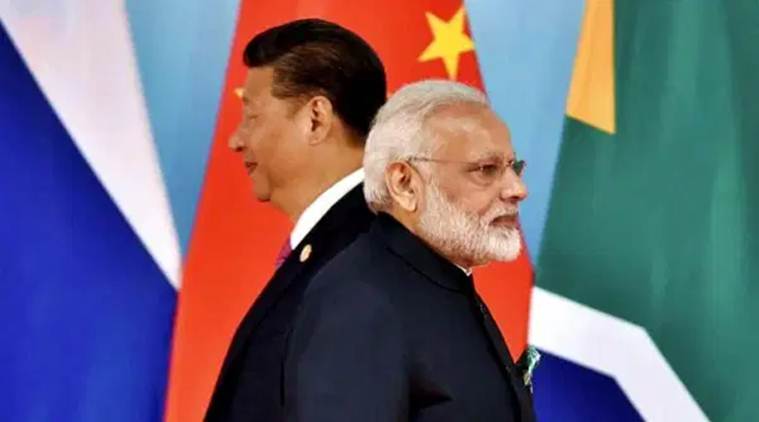
Prime Minister Narendra Modi and Chinese President Xi Jinping held their first bilateral meeting in five years at the Kazan BRICS Summit in Russia to discuss the ongoing border tensions between the two countries. The leaders highlighted the need for mutual trust and respect in guiding their relations and agreed to work towards resolving differences and disputes in order to maintain peace and stability in the region. The two sides also expressed a desire to strengthen strategic communication and explore cooperation to address developmental challenges.
India-China Relations: A Complex History
India and China, two of the world's most populous countries, have a long and complex history. They share a 3,488-kilometer (2,167-mile) border that has been the subject of territorial disputes for centuries.
In recent years, tensions between India and China have escalated, with both sides accusing each other of aggression along the border. In 2020, tensions reached a boiling point after a deadly clash between Indian and Chinese troops in the Galwan Valley.
Prime Minister Modi and President Xi's Meeting
After several months of military standoff, Prime Minister Narendra Modi and Chinese President Xi Jinping met at the Kazan BRICS Summit in Russia in July 2022. The meeting was the first bilateral meeting between the two leaders in five years.
During the meeting, Modi and Xi agreed to work towards resolving the border tensions between their countries. They emphasized the need for mutual trust and respect in guiding their relations.
Strategic Communication and Development
In addition to addressing the border tensions, Modi and Xi also discussed ways to strengthen strategic communication between India and China. They pledged to explore cooperation to address developmental challenges in the region.
Top 5 FAQs on India-China Relations
1. What is the current status of the border dispute between India and China?
The border dispute between India and China remains unresolved. Both sides claim territory in the disputed areas, including the Aksai Chin region and Arunachal Pradesh.
2. Why are India and China competing for influence in the region?
India and China are both major powers in Asia. They compete for influence in the region, including in areas such as trade, investment, and military cooperation.
3. What are the prospects for a peaceful resolution of the border dispute?
The prospects for a peaceful resolution of the border dispute are uncertain. Both sides have taken a hardline stance on the issue, and there is no easy solution.
4. What role is the United States playing in the India-China relationship?
The United States is concerned about the rising tensions between India and China. It has urged both sides to resolve their differences peacefully and has offered to mediate.
5. What are the key issues that need to be resolved to improve India-China relations?
The key issues that need to be resolved to improve India-China relations include the border dispute, trade imbalances, and strategic competition.
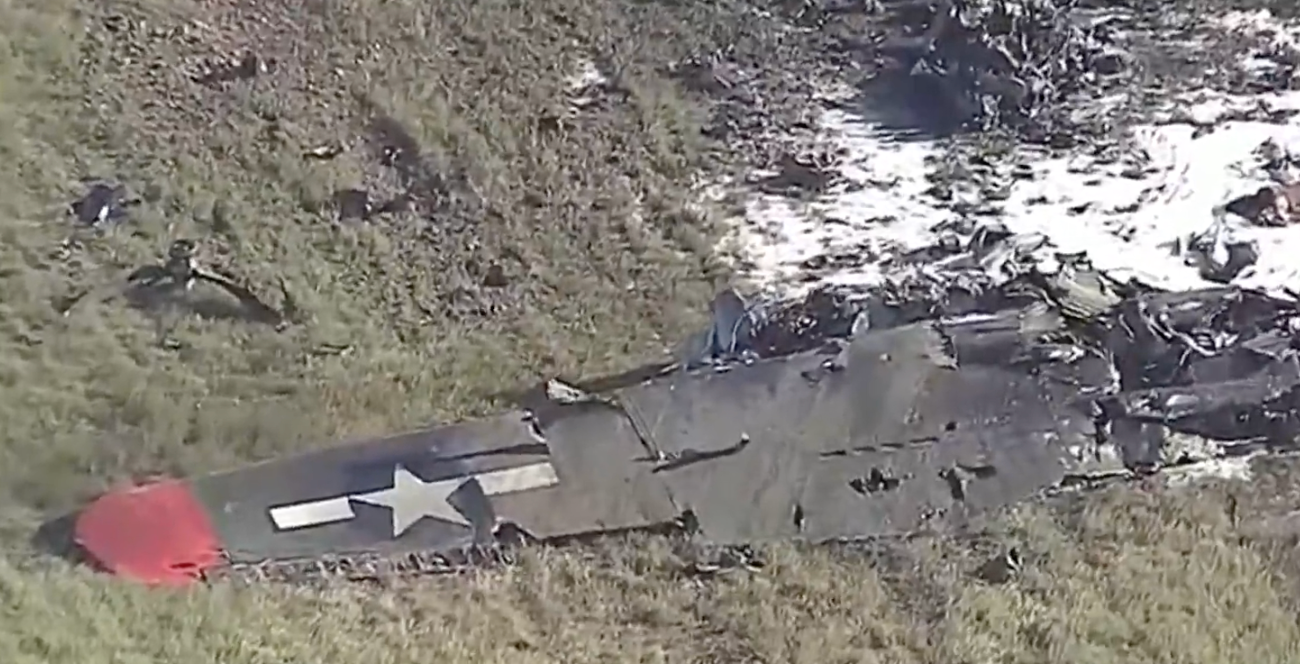
As the names of the victims begin to emerge, the black boxes from the military helicopter and American Airlines passenger jet have been recovered and are being analyzed in a laboratory. The focus is now on understanding how the two aircrafts collided during a training exercise, leading to the death of 67 individuals. In the ongoing investigation, divers are set to search for more wreckage and aid in the recovery efforts.
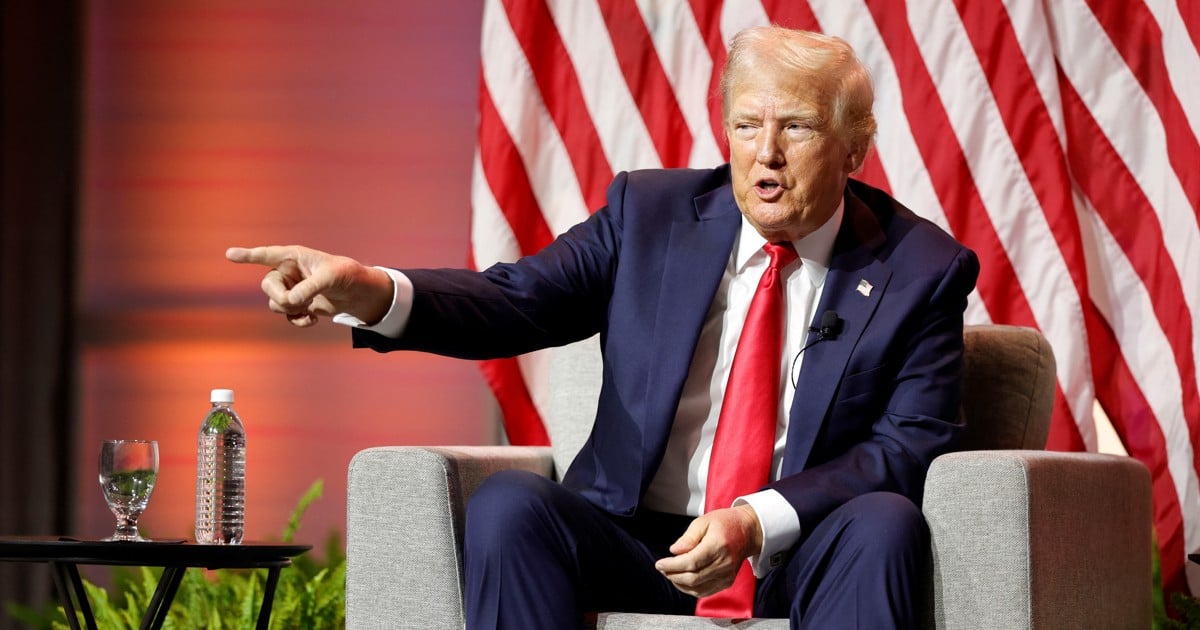
In a fiery post on his new social media platform, Donald Trump has warned BRICS countries against any attempts to move away from the US dollar in global trade. The former US President has threatened to impose 100% tariffs on these countries and cut off their access to the US market if they continue with plans to create an alternative currency. Trump's statements highlight the ongoing struggle between the US and emerging economies like India, China and Brazil, who seek to reduce their dependence on the US dollar and increase financial integration among BRICS nations.

Indian Prime Minister Narendra Modi expressed his condolences to the families of the victims of a fatal midair collision between a plane and helicopter in Washington DC. He also extended his solidarity with the people of the United States during this tragedy. US President Donald Trump also addressed the incident, stating that it was a real tragedy and the search and rescue effort has now shifted to a recovery mission with no survivors.
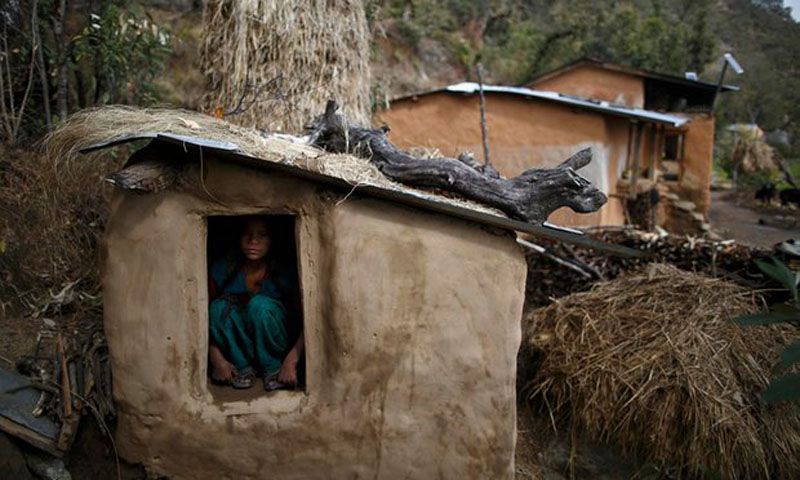
Despite numerous efforts to counter the practice of chhaupadi, which banishes menstruating females into isolated sheds, the deep-rooted fear of repercussions from their clan deity continue to perpetuate the harmful tradition in Western Nepal. Activists and locals share stories of faith in the deity and consequences of breaking chhau rules, leading to the suppression of chhaupadi-related deaths. The superstitious belief that menstruating females are impure extends to the use of family toilets, forcing women to search for alternative options in the jungle. While some deaths may be reported, many more are hidden due to the fear of speaking against the chhaupadi culture.

Tragic news shook Washington, DC as an American Airlines plane and a US Army helicopter collided midair near the Reagan National Airport, causing the death of all 64 passengers on both flights. Rescue operations quickly turned into recovery efforts as authorities confirmed that there were no survivors from the crash. As investigations begin into the cause of the collision in one of the most monitored airspaces in the world, President Trump offers his condolences to the victims and their families.
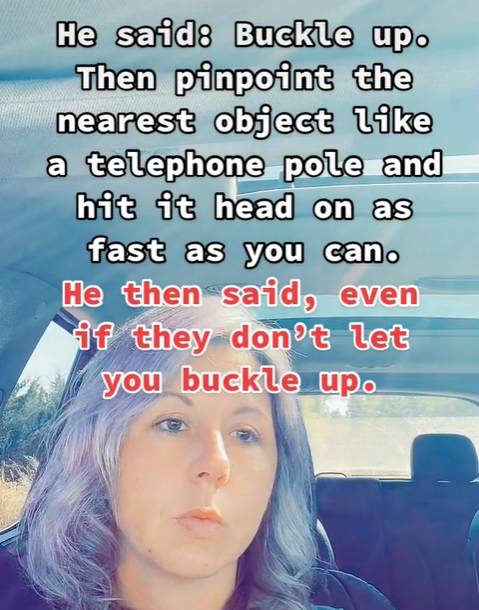
A TikTok user has shared a chilling experience of being on the same delayed flight as the father of a woman who died in the American Airlines crash in DC. In a video, he shares his experience and expresses his condolences for the victims and their families. The video serves as a poignant reminder of the tragic event and the impact it had on those who were connected to it in some way.

In a bold move, US President Donald Trump has called upon the billionaire founder of SpaceX, Elon Musk, to lead the mission to bring back two NASA astronauts, Sunita Williams and Butch Wilmore, from the International Space Station. With NDTV's 'The World 24X7' hosted by Parmeshwar Bawa, stay up-to-date with the latest world news, analysis, and updates on this high-stakes rescue operation.

During his four-day visit to Japan, Chief Minister of Madhya Pradesh, Mohan Yadav, paid tribute to Mahatma Gandhi at his statue in Kobe. In his post, he mentioned how Bapu's message of cleanliness has brought about change in the country and his disciplined and ideal life will continue to inspire people. The CM will also hold meetings with industrialists and promote investment opportunities in the state of Madhya Pradesh. He extended an invite to Japanese industrialists to attend the Global Investors Summit in Bhopal.

The Swedish media reports that Salwan Momika, a man from Iraq known for his Quran burnings, has died in a shooting near Stockholm. The Stockholm District Court has postponed the verdict in a trial where Momika was a defendant due to his death. Momika had gained worldwide attention for his protests against Islam, which led to riots and unrest in several places. Momika and a co-defendant were facing charges of incitement to racial hatred and were supposed to be handed over on Thursday.

A tragic mid-air collision occurred at Ronald Reagan National Airport when a US Army Sikorsky UH-60 Black Hawk helicopter collided with an American Airlines plane, carrying 60 passengers and four crew members. An immediate search and rescue operation is underway in the Potomac River, but there is no news yet about casualties or the cause of the collision. This is the first plane crash in the US in 15 years, sparking desperate search efforts and raising questions about flight safety. The UH-60 Black Hawk helicopter is a crucial transport and air assault aircraft for the US Army, and its operational readiness has been proven in the toughest conditions. The Army confirmed that the helicopter involved in the collision was not carrying any VIPs at the time.